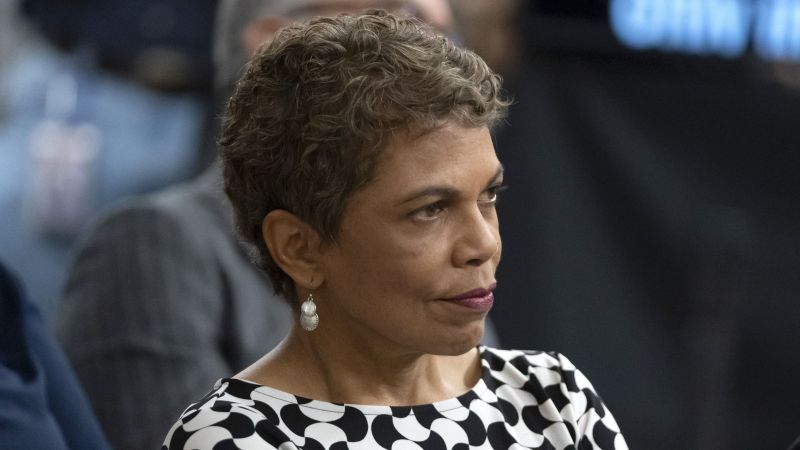
CNN —
On Tuesday, a federal judge denied a request to temporarily prevent Elon Musk and his Department of Government Efficiency from accessing federal data systems within various executive branch agencies.
The ruling by US District Judge Tanya Chutkan represents an initial setback for a coalition of Democratic state attorneys general attempting to restrict Musk and his initiatives with DOGE in their efforts to reform the federal workforce.
However, the judge expressed skepticism regarding the Trump administration’s claims about Musk’s authority and his involvement with DOGE. The access granted to Musk and DOGE for sensitive government data—containing personal information collected from the American populace—has become a contentious issue amid the ongoing legal disputes concerning the Trump administration’s attempts to alter the federal bureaucracy.
Last week, the attorneys general filed a lawsuit against Musk, contending that his position within the government contravenes the Constitution’s Appointments Clause, which reserves the authority for the President to appoint officials subject to Senate confirmation.
The states petitioned Judge Chutkan to issue a temporary ban on Musk and DOGE’s access to governmental information systems in various departments, including the Office of Personnel Management, Department of Education, Department of Labor, Department of Health and Human Services, Department of Energy, Department of Transportation, and Department of Commerce.
Additionally, they sought an injunction preventing Musk and DOGE from terminating or placing employees on involuntary leave at these agencies.
Nevertheless, Judge Chutkan concluded that the states did not sufficiently demonstrate that they would face “imminent, irreparable harm” without a temporary restraining order.
“The court acknowledges that DOGE’s unpredictable activities have caused significant uncertainty for the Plaintiffs, along with many associated agencies and residents,” she detailed in her 10-page ruling. “It remains ‘uncertain’ when and how the array of state programs identified will be affected.”
Chutkan also noted that while the states’ broader litigation against Musk is “strong,” their arguments at this early stage do not meet the criteria required for emergency court intervention.
“Plaintiffs present a valid Appointments Clause claim with serious implications. Musk has not been nominated by the President nor confirmed by the U.S. Senate as required for individuals with ‘significant authority pursuant to the laws of the United States,’” she noted. “However, a compelling argument regarding merits does not guarantee a temporary restraining order at this time.”
Judge Chutkan, appointed by President Barack Obama and who previously oversaw the criminal case involving President Donald Trump connected to the January 6, 2021, events, pointed to inconsistencies in the Trump administration’s claims regarding Musk’s role.
The judge’s noteworthy footnote highlighted apparent contradictions between the assertions made and Trump’s executive orders that established DOGE, linking it to personnel decisions within agencies.
“Defense counsel is reminded of their obligation to provide truthful representations to the court,” she emphasized.
Additional lawsuits allege that the administration has violated privacy laws and other protections by allowing affiliates of Musk’s Department of Government Efficiency access to tightly controlled government IT systems.
However, the central argument from the attorneys general pertains to the constitutionality of Musk’s government role. During the early proceedings of their case, they sought to limit his ambitions to reduce the size of federal agencies, asserting that these agencies perform vital services for their constituents.
The states indicated to the judge that the temporary restraining order was necessary to preserve the “status quo that existed prior to the establishment of DOGE under Mr. Musk’s leadership—a normally functioning federal government with designated officials overseeing their respective agencies.”
“Without a TRO, Plaintiffs will suffer irreparable harm from the ongoing risks of sensitive information disclosure and the continued dismantling of critical federal agency components relied upon by the Plaintiffs,” the attorneys general asserted in their court documents.
CNN’s Katelyn Polantz contributed to this report.
Correction: This story has been edited to clarify that Judge Tanya Chutkan was appointed to the DC District Court by President Barack Obama.









